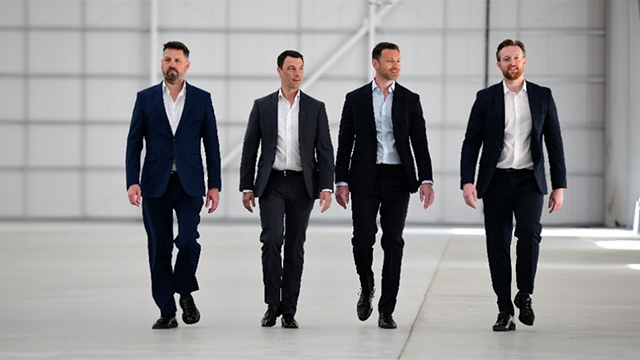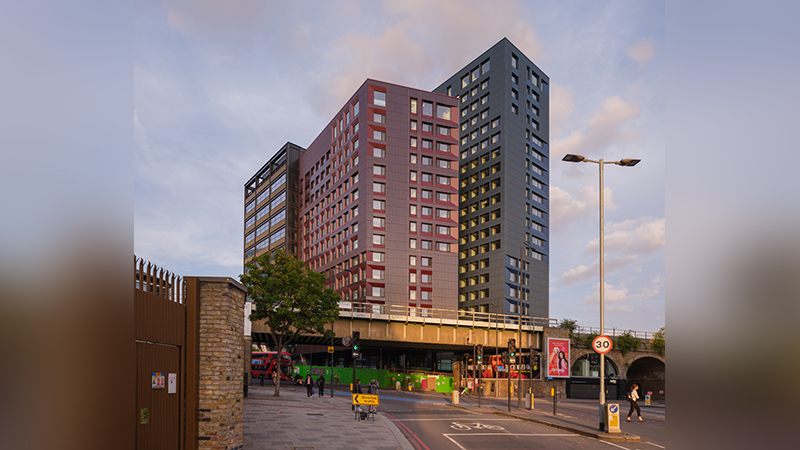Not far off £1bn was wiped off the combined value of British Land’s and Landsec’s portfolios in the six months ended 30 September, with both slipping into the red as the retail sector continued to be somewhat of a “horror show” for the two REITs.
It is a big number and is likely to keep getting bigger for a little while yet. But like all storms, this one will pass and those falls in values will find solid ground, eventually.
But the good old days of a “cushy” life, to borrow a word from the analyst most REITs love to hate, Mike Prew, are long gone. The retail market – as I’ve written here before – has changed dramatically and is unlikely to revert to the days of long-dated “let and forget” leases any time soon. Today, a retailer will take whatever lease it wants, for however long it wants it, which in some cases might be more than five years, but in most will probably be less.
Today, understanding the occupier is vital if you want the numbers to stack up.
Or at least that was the advice I have paraphrased from CBRE’s retiring UK chairman Stephen Hubbard in our interview with him this week. Hubbard is widely credited as being one of London’s biggest dealmakers, advising Gerald Ronson since the early 1990s, acting for the Crown on the sale of its stake in Regent Street to Norges Bank Investment Management, and most recently running the process of selling Green REIT to Henderson Park for €1.3bn. But he credits his success – and his standing in the market as a trusted adviser – to his commitment to understanding occupiers.
If you don’t understand how occupiers are thinking, you will not be able to understand – or predict – how they behave, says Hubbard. If you don’t spend the time getting to know them, then there is no way you can provide sound investment advice.
Hubbard, who next month leaves CBRE after a whopping 43 years with the firm, says the occupier side of the market – and the capital side – is changing more quickly than he has ever seen, and he worries that too many in the industry aren’t paying enough attention; that too many in the industry want to keep the status quo.
But nobody really likes Status Quo – or the status quo – do they? Nobody really wants to keep things as they are, do they? We all want a change, to change ourselves, to evolve.
It was a theme that was also played out across the Atlantic this week as real estate and tech gathered for the third NYC Real Estate Tech Week. What was evident at this year’s event, according to our tech editor Emily Wright, was a very real threat of failure to change. That it was no longer just a need to embrace failure in the quest for ultimate success but an absolute imperative to learn from that failure and do something different.
“It is very hard to unlearn something that has brought success in the past,” said Lisa Picard, chief executive of real estate investment company EQ Office, in her opening keynote. “When people have made a lot of money via the way they have always done things, it’s really hard to instigate change without fear or threat fuelling that change.”
So, to turn the horror story that retail has become for many landlords into a story with a happy ending will, of course, require change. It will require a new way of communicating with occupiers. No more landlord and tenant, but instead a collaborative agreement on how to make space – and the numbers – work.
With so many challenges facing the sector, from falling values, a no-deal Brexit and Corbynism to climate change and digital disruption, there has never been a more vital time to talk, to understand and to entirely ditch the status quo.
To send feedback, e-mail samantha.mcclary@egi.co.uk or tweet @samanthamcclary or @estatesgazette











